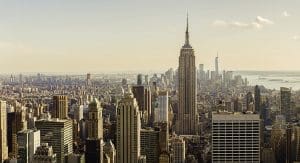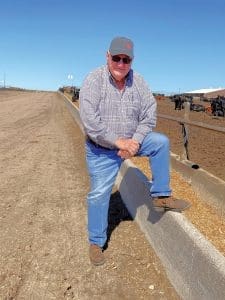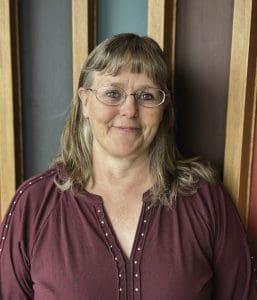By Jim Whitt, Contributing Editor
It didn’t take long for the new administration to get to work solving the most pressing problem facing the nation and the world. No, it’s not the pandemic. Within days of his inauguration, Biden signed several executive orders on climate change to reach his goal of achieving net-zero emissions by 2050. “Today is climate day at the White House,“ the president announced at a White House ceremony, “which means today is jobs day at the White House.” Then he cancelled the permit on the Keystone pipeline and killed 1,000 pipeline jobs and a projected 10,000 construction jobs.
John Kerry, the newly appointed Climate Czar, explained these job losses would be offset by new jobs that are cleaner and better paying. “What President Biden wants to do is make sure those folks have better choices, that they have alternatives, that they can be the people to go to work to make the solar panels.”
I suspect that the people who were working on the Keystone Pipeline would already be making solar panels if they believed it was a better choice.
Let’s assume these pipeline workers who lose their jobs do start making solar panels. That must be the better choice for them and the environment, right? Not according to Zhengyao Lu and Benjamin Smith, two researchers who authored an article with the ominous headline, “Solar panels in Sahara could boost renewable energy but damage the global climate – here’s why”: “While the black surfaces of solar panels absorb most of the sunlight that reaches them, only a fraction (around 15 percent) of that incoming energy gets converted to electricity. The rest is returned to the environment as heat. The panels are usually much darker than the ground they cover, so a vast expanse of solar cells will absorb a lot of additional energy and emit it as heat, affecting the climate.”
Using an advanced Earth system model, the authors examined how Saharan solar farms affect the climate. If 20 percent of the Sahara was covered in solar farms, it would raise the local temperatures by 1.5 degrees Celsius and global temperatures by 0.16 degrees Celsius. An increase to 50 percent coverage would increase local temps by 2.5 degrees Celsius and global temperatures by 0.39 degrees Celsius. In other words, the result will be catastrophic global warming!
This article is required reading because it validates the law of unintended consequences which was popularized by sociologist Robert K. Merton, who applied systematic analysis to the problem of unintended consequences involving deliberate acts intended to cause social change. And make no mistake about it, climate change is all about social change. Any time you hear the words “climate change” forget about science, it’s all about redesigning the social order of the world.
There is no better example of this than Bill Gates, who proposes that rich nations shift to producing 100 percent synthetic beef while poor nations improve their bovine genetics to be more efficient producers of beef and milk. His rationale for poor countries is that the improvement in efficiency will reduce methane emissions, lift poor farmers out of poverty and boost their nations’ economies. His rationale for rich countries must be to reduce methane emissions by putting beef producers out of business, destroying the existing beef industry and making rich nations poorer. This is all to be done in the name of climate change. But it’s really about overhauling the socioeconomic order of the world.
Climate change is a global board game played by self-appointed social engineers. The players include billionaires, politicians, celebrities, activists and the media who advance their agenda. Their board pieces are real people. Many of these people make their livings fueling and feeding the world. But the engineers have determined these people are destroying the planet with fossil fuels and methane-emitting livestock. The engineers’ solution is simple – destroy these people’s industries and reprogram them to manufacture solar panels and synthetic meat. That will save the world from catastrophic global warming. But what if it turns out that Zhengyao Lu and Benjamin Smith are right? What if solar energy is far more detrimental to the environment than fossil fuels? What if Bill Gates’ proposals are implemented and beef-producing meccas are reduced to barren wastelands? What if the engineers achieve net-zero emissions in the year 2050, but the world’s population is starving because we can’t produce enough food for 9 billion people?
Unfortunately, the school of social engineering doesn’t teach a course on the law of unintended consequences.
Article is sponsored by Kemin






